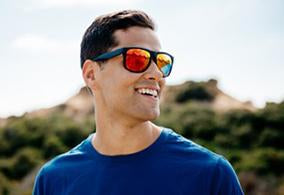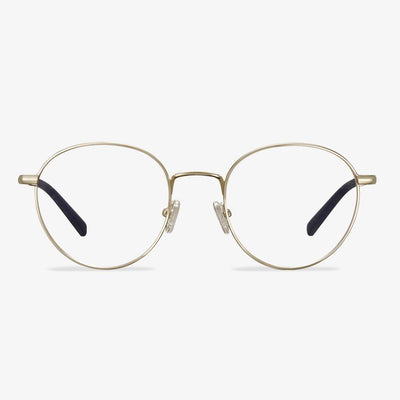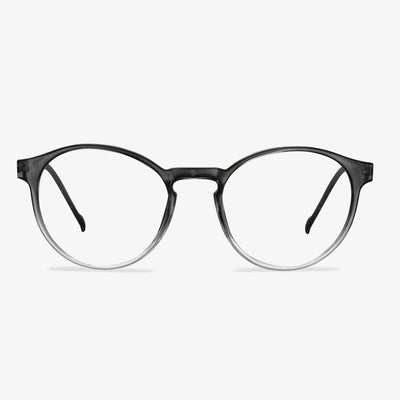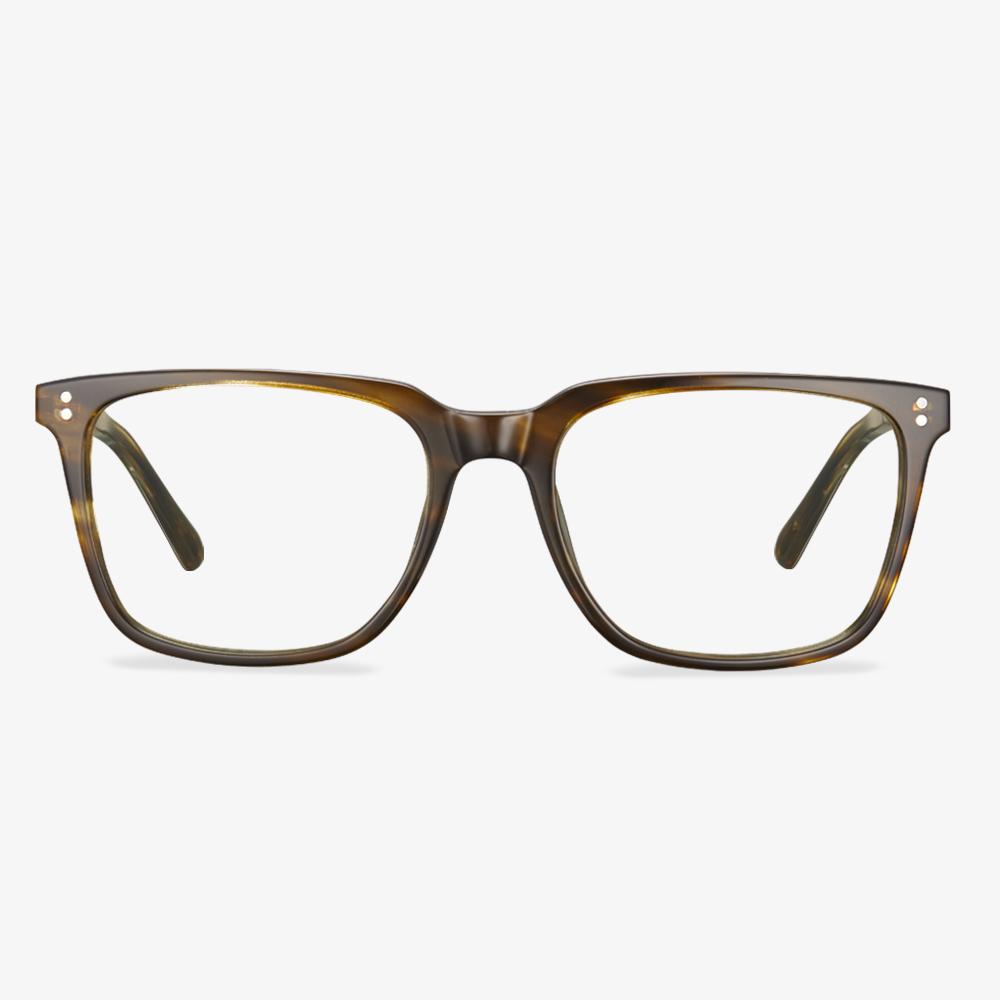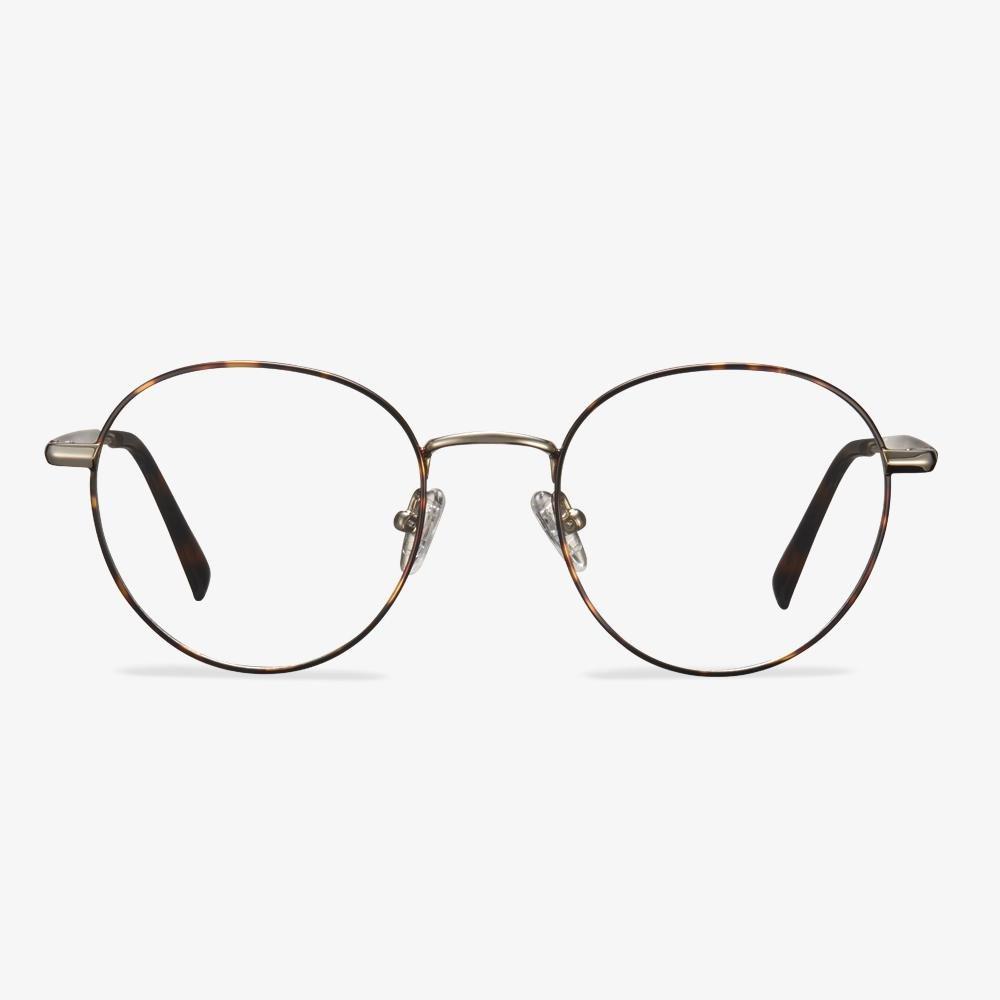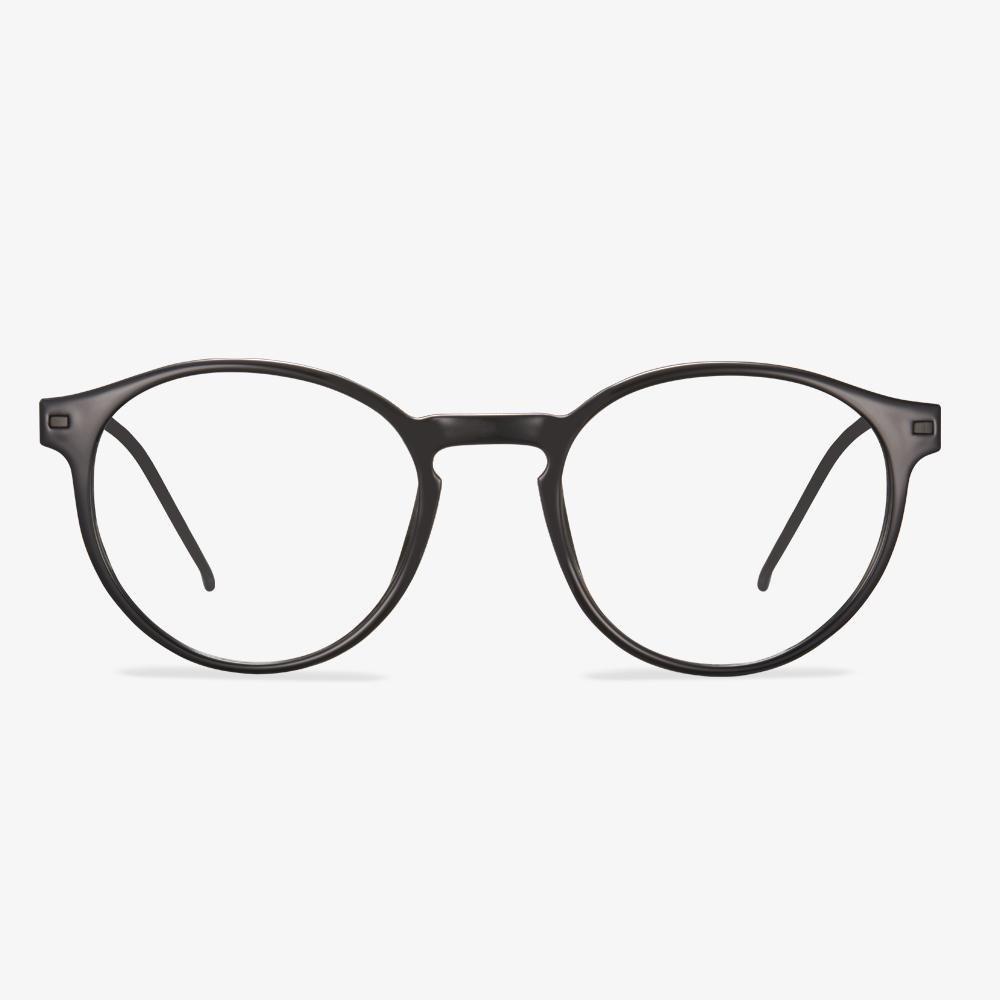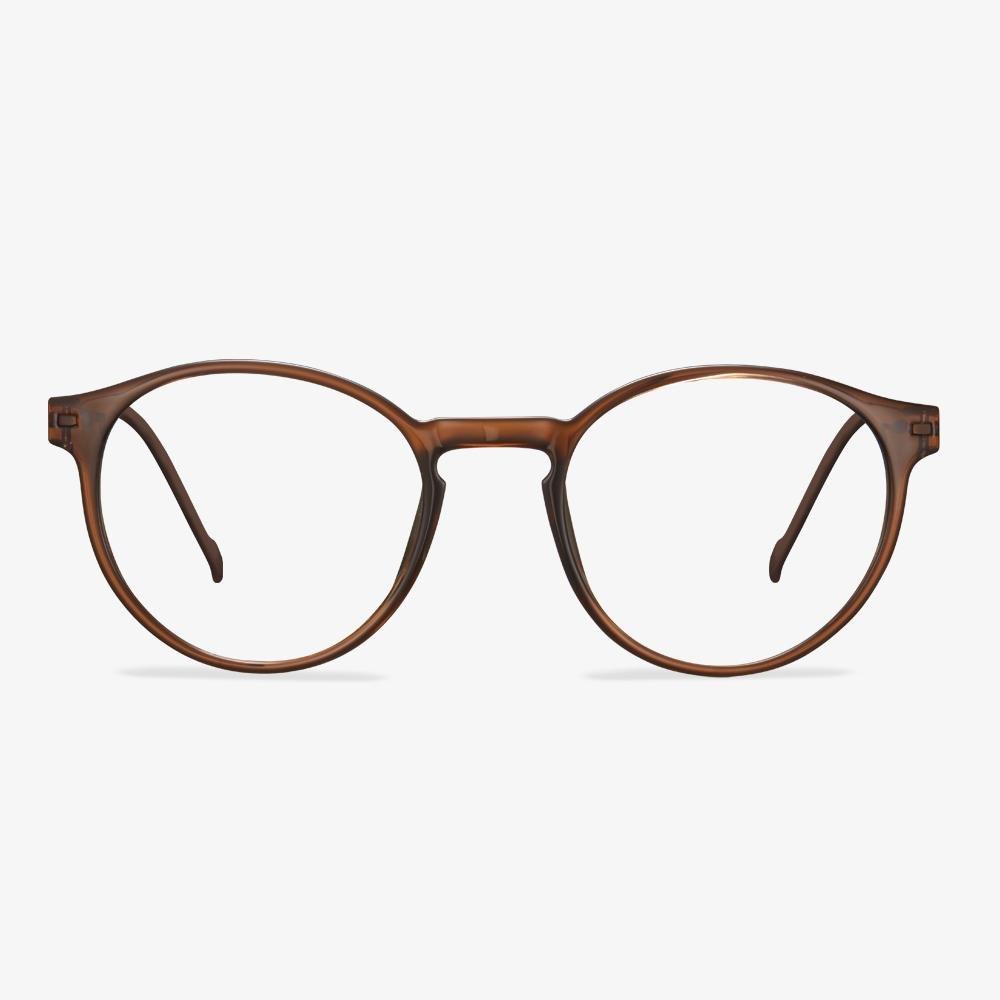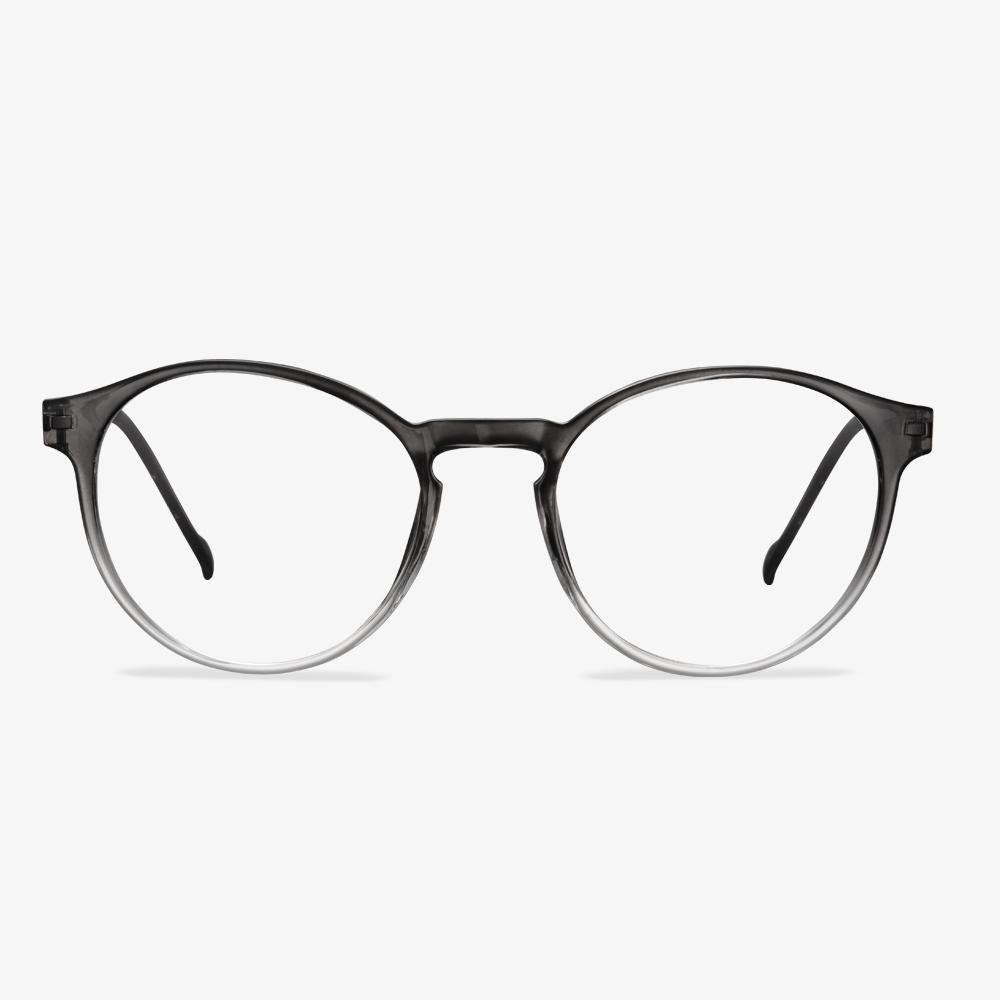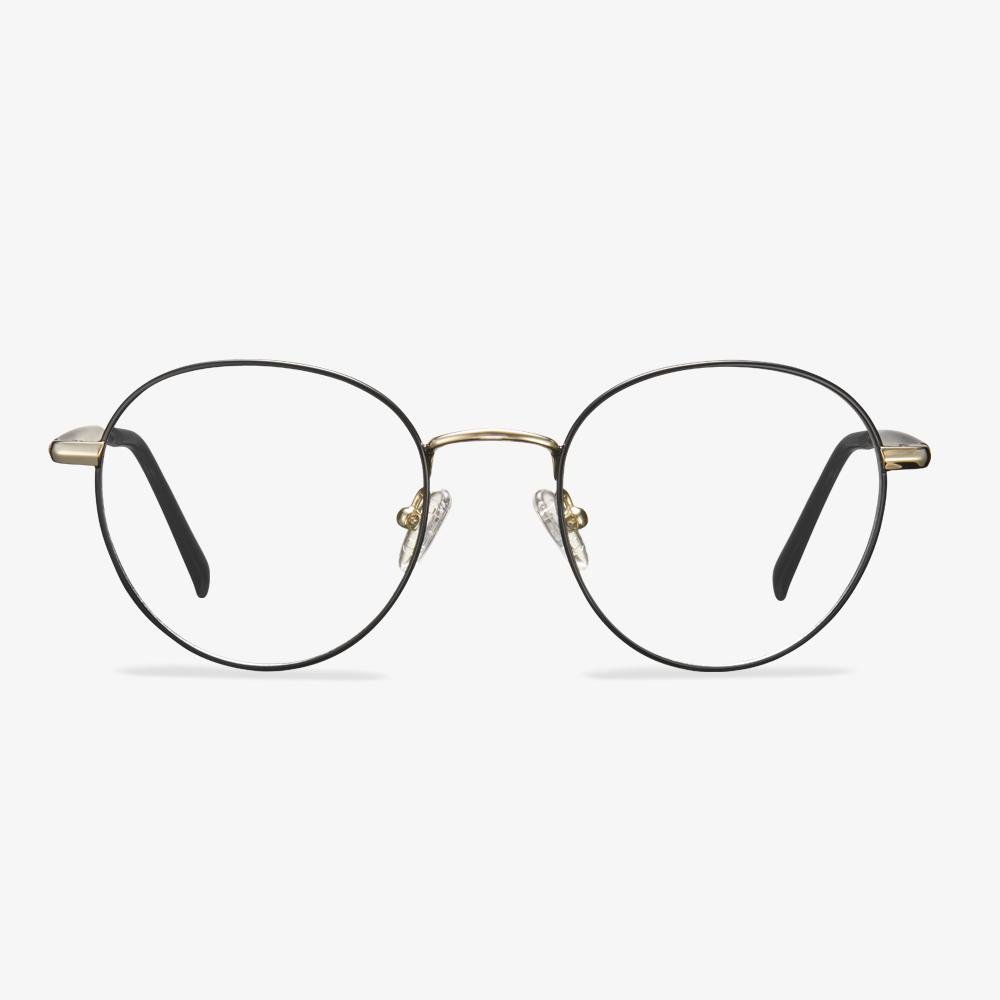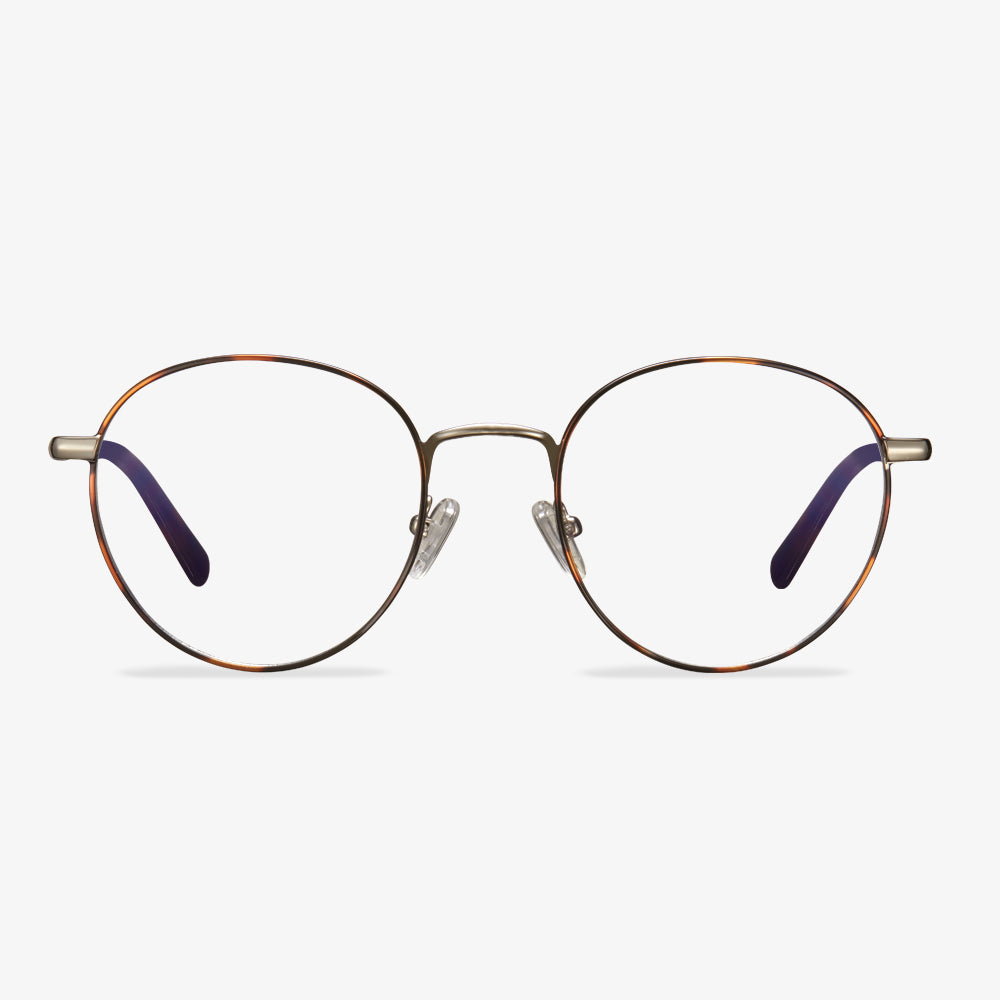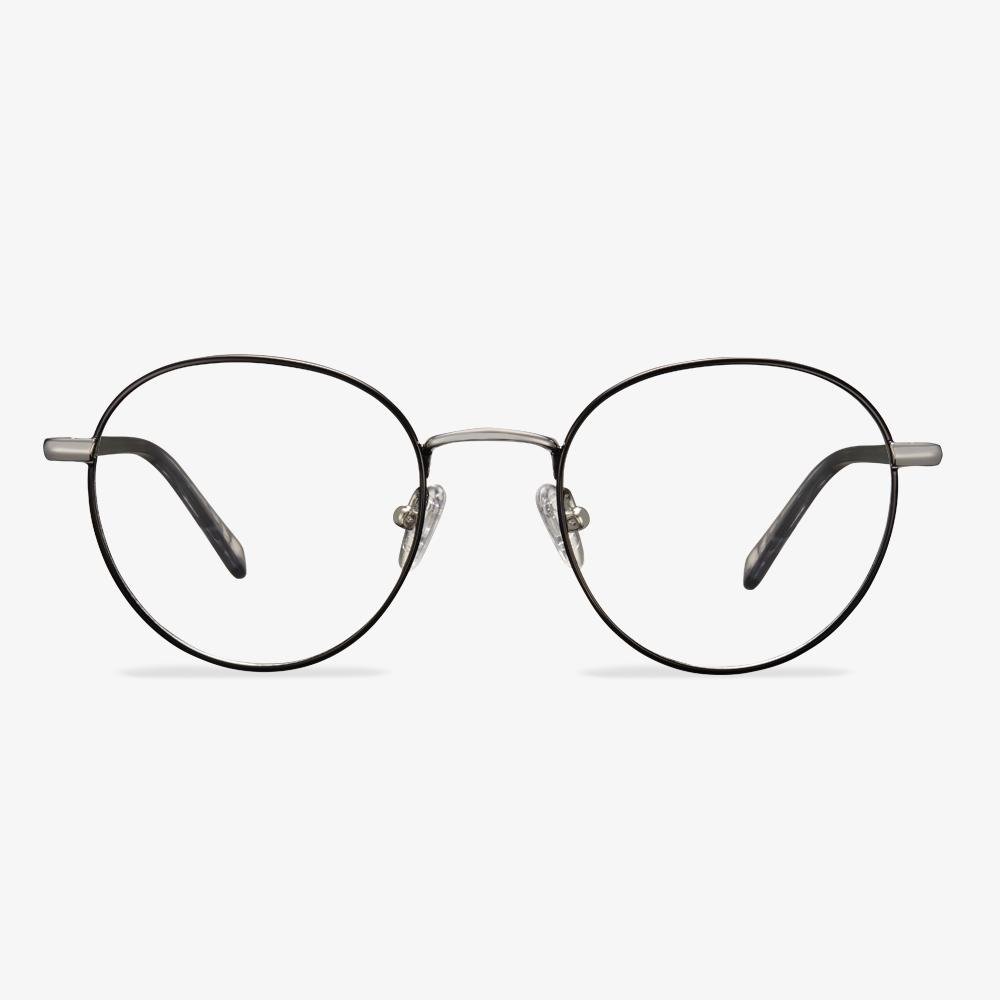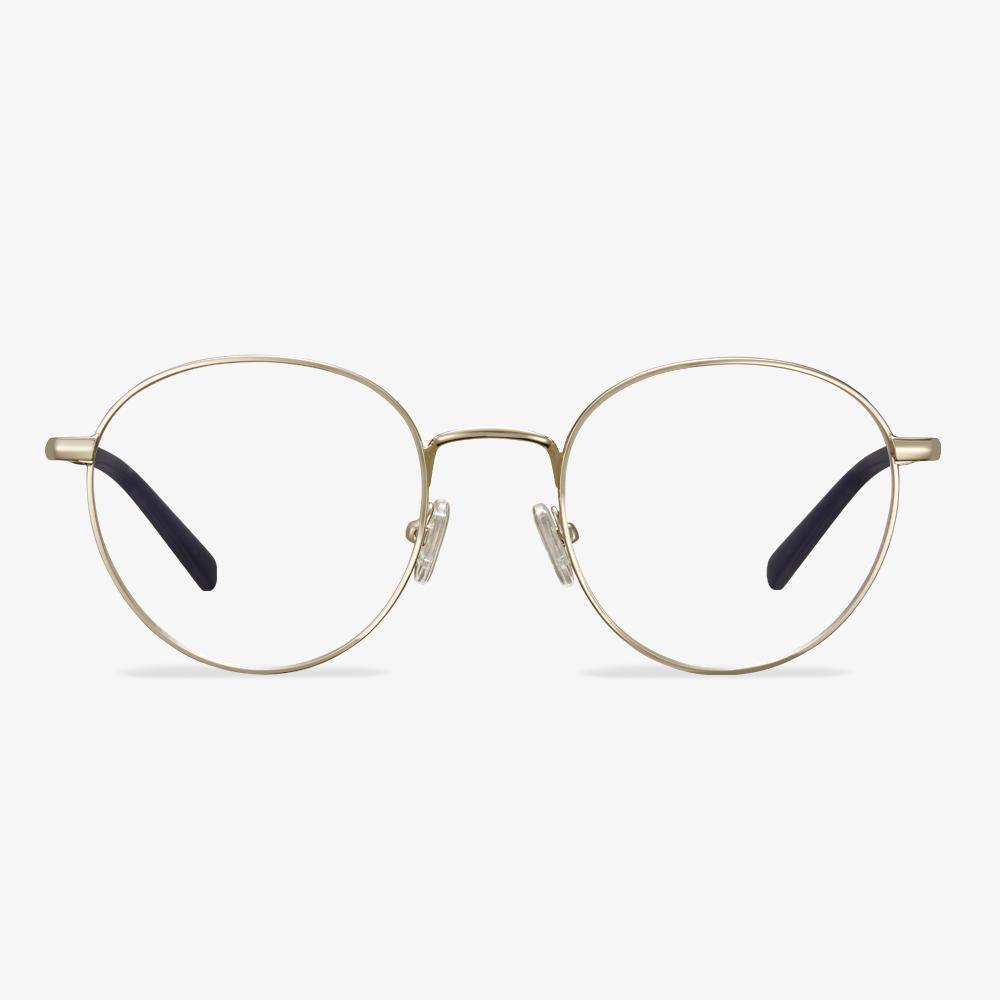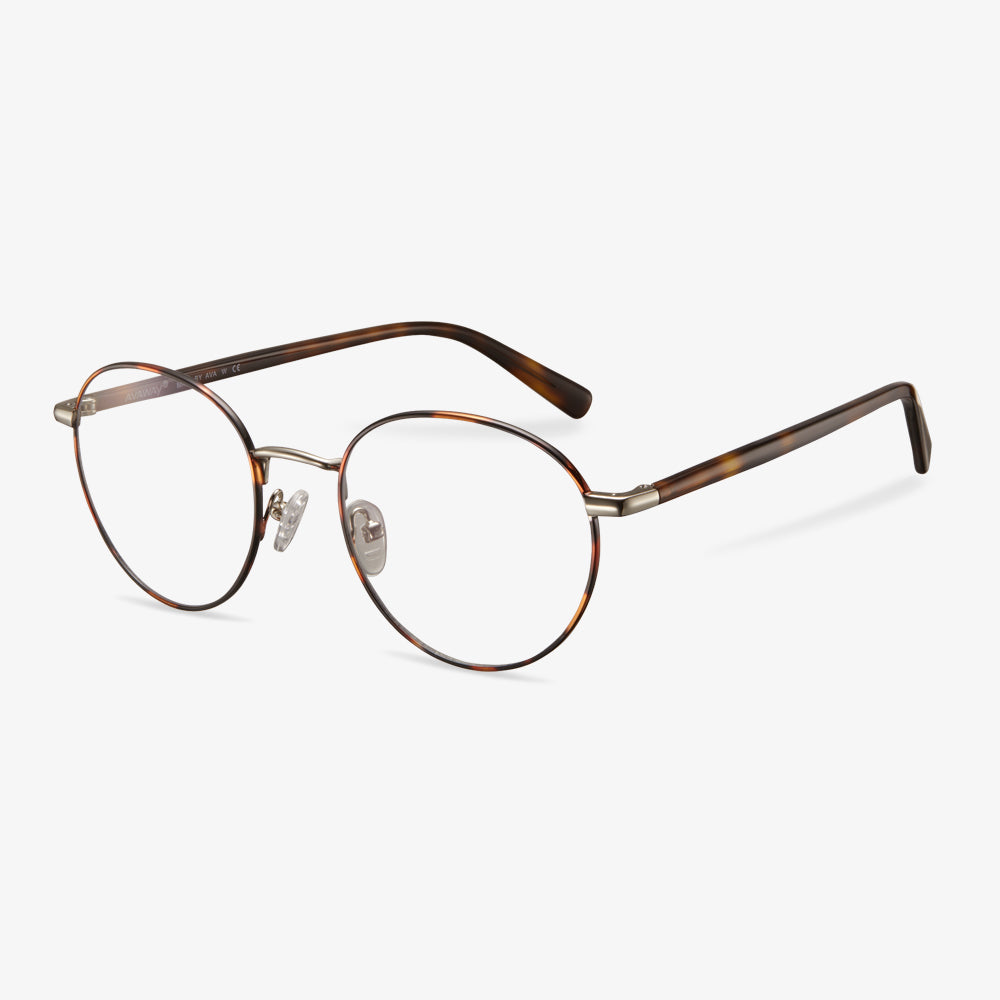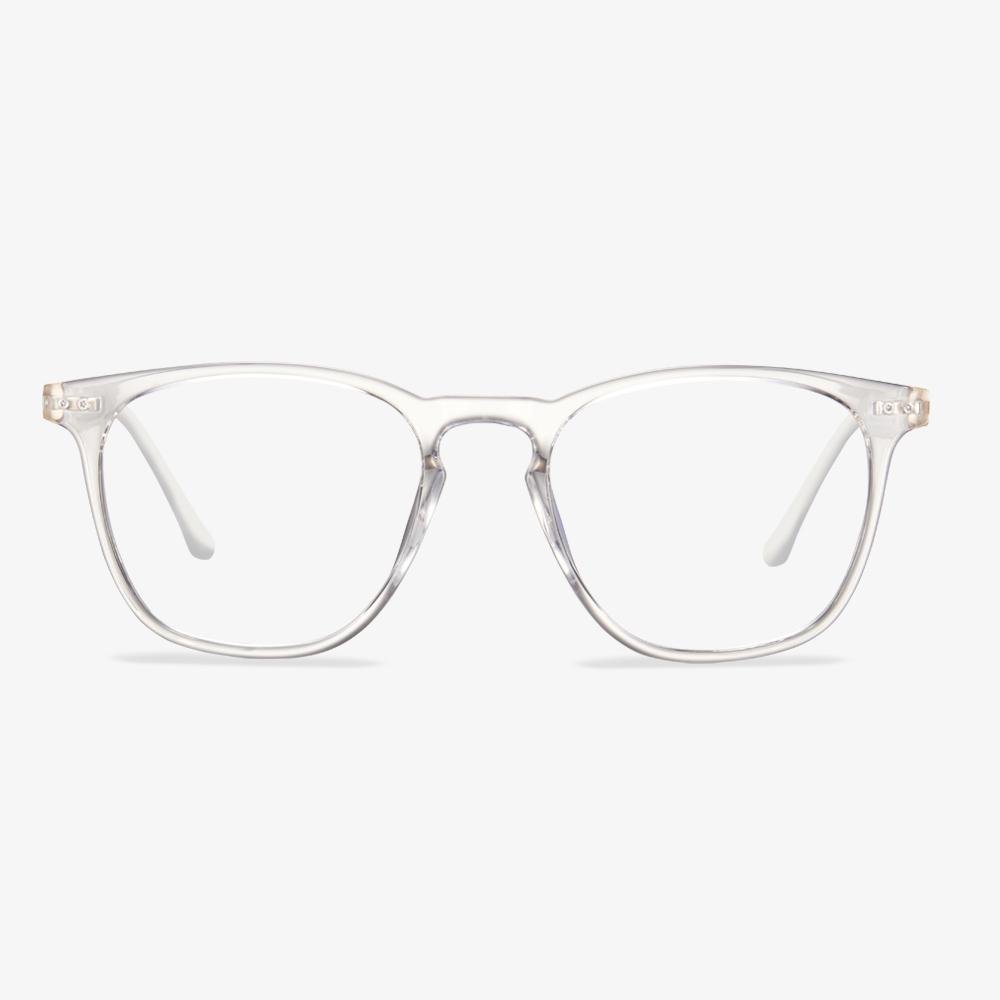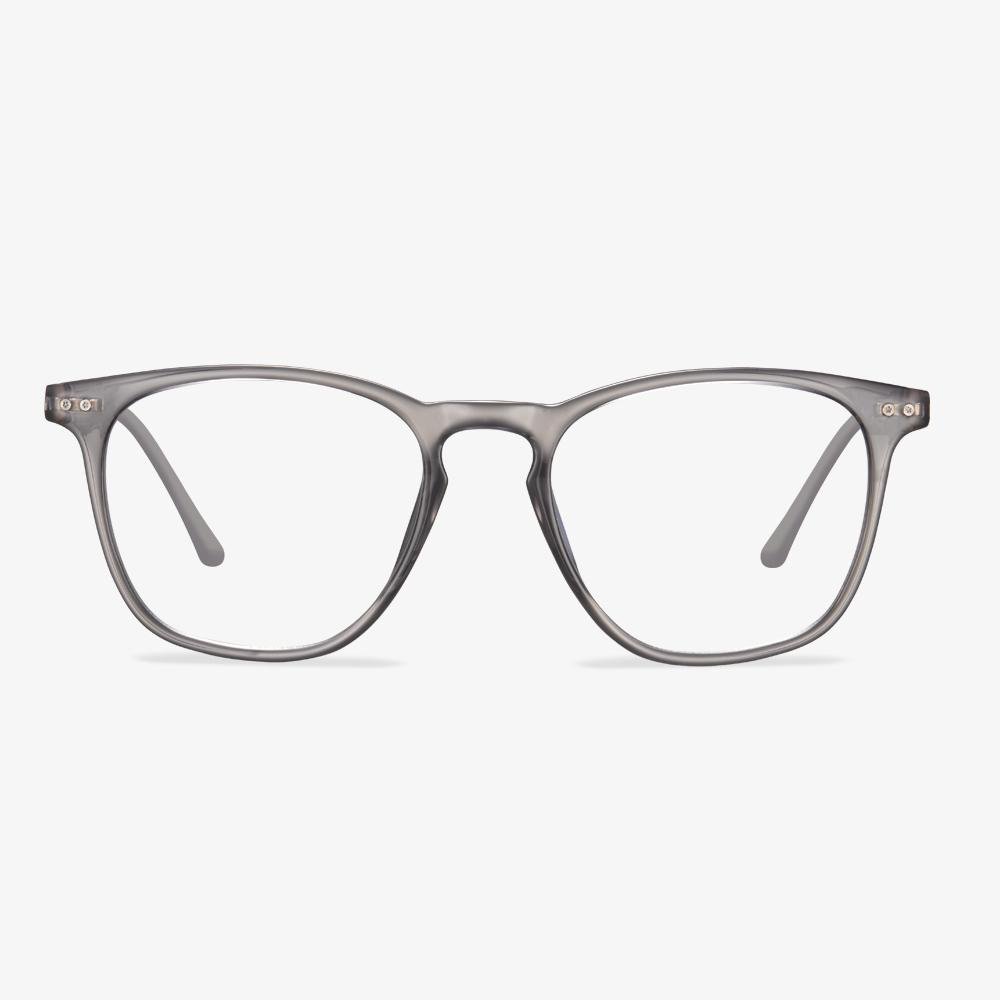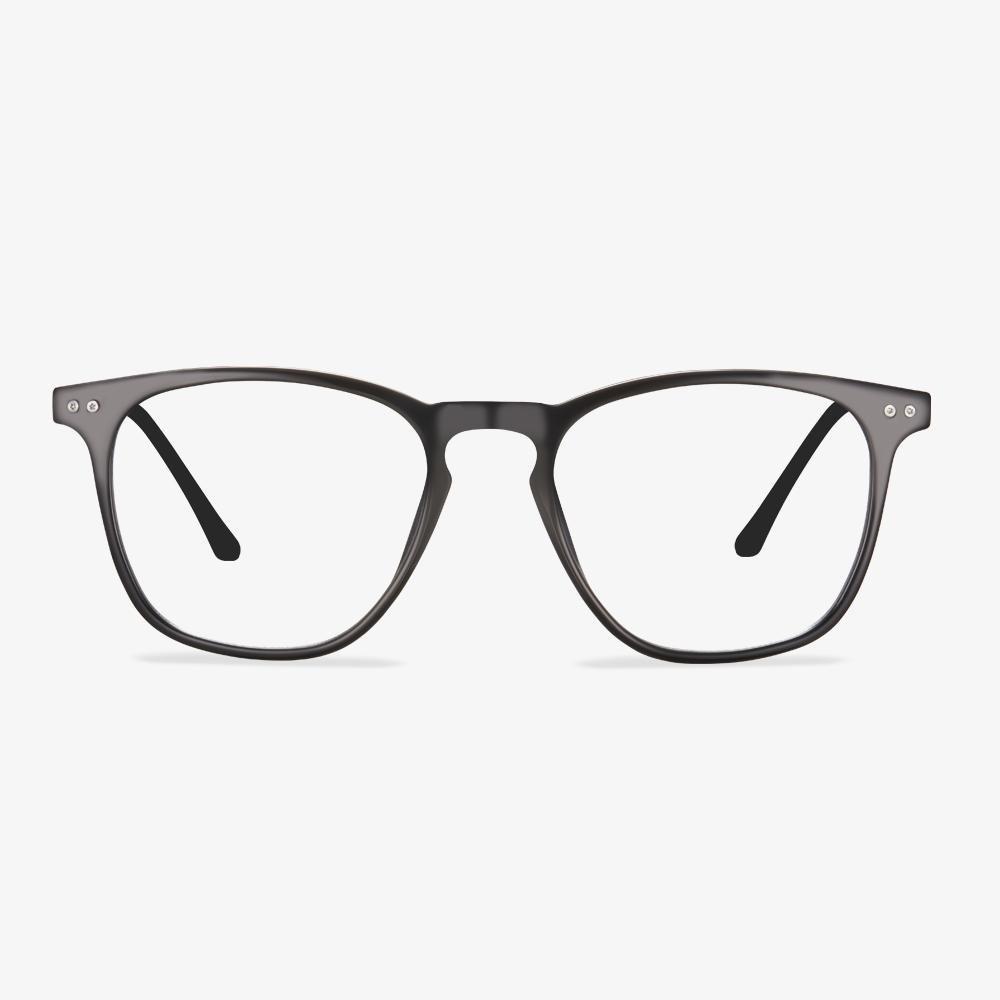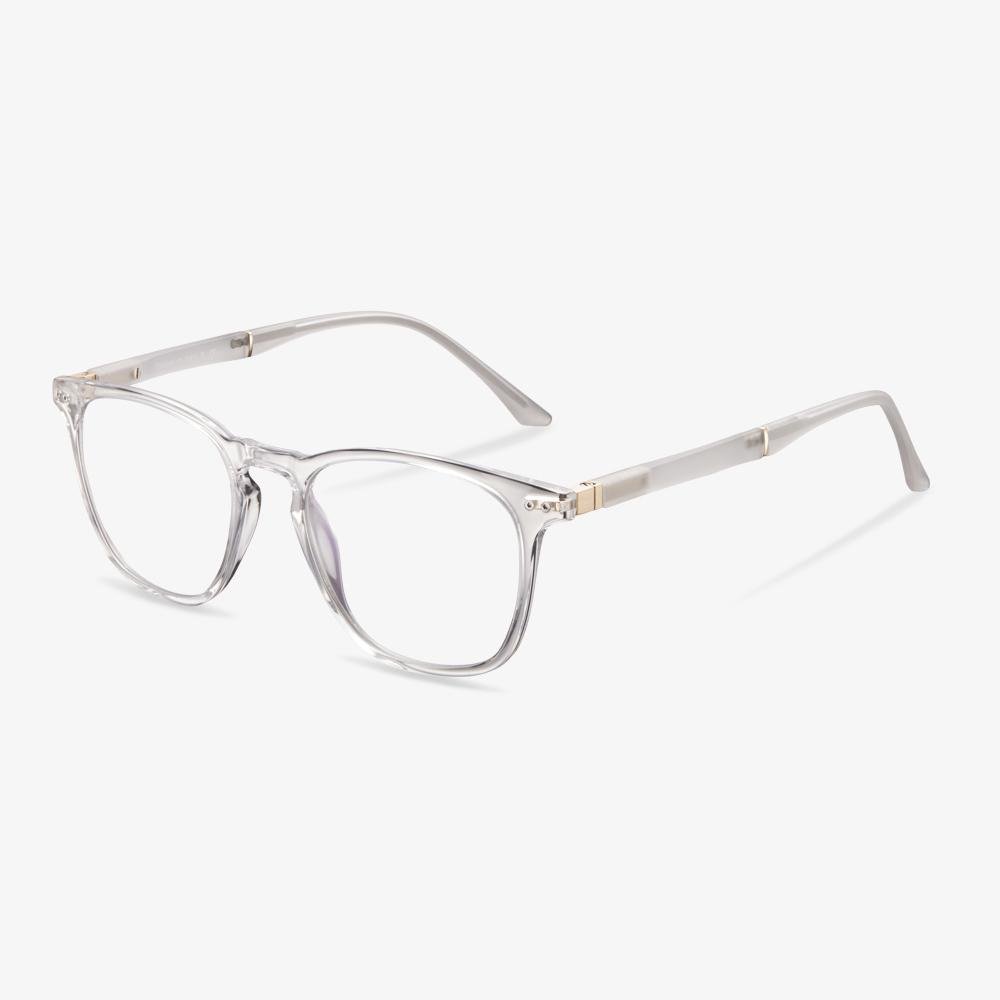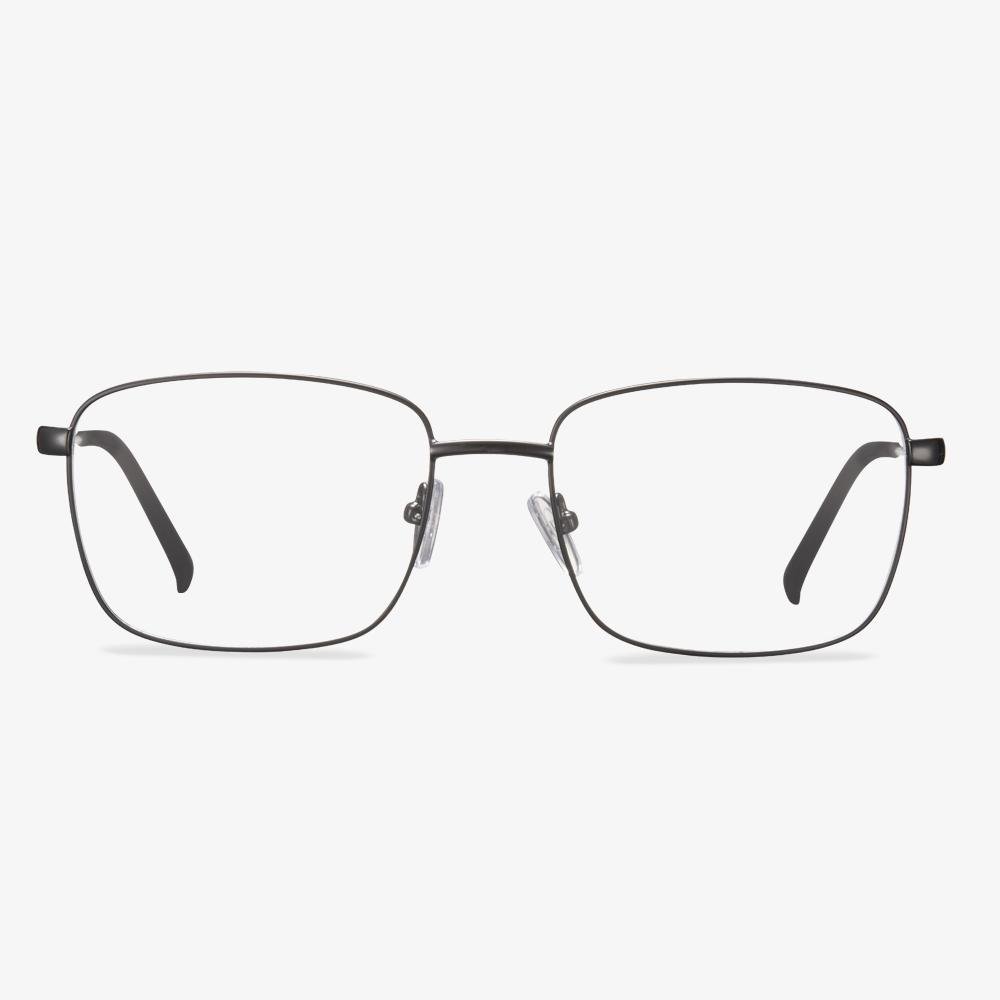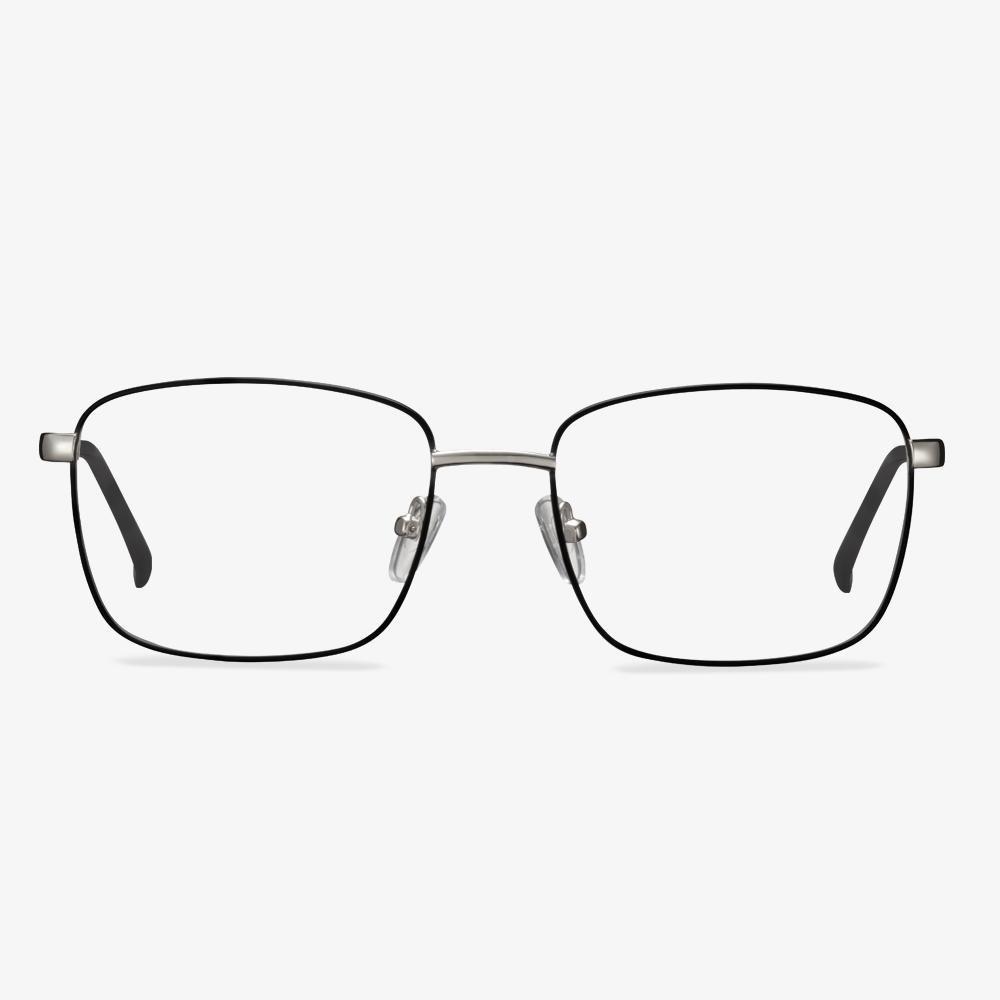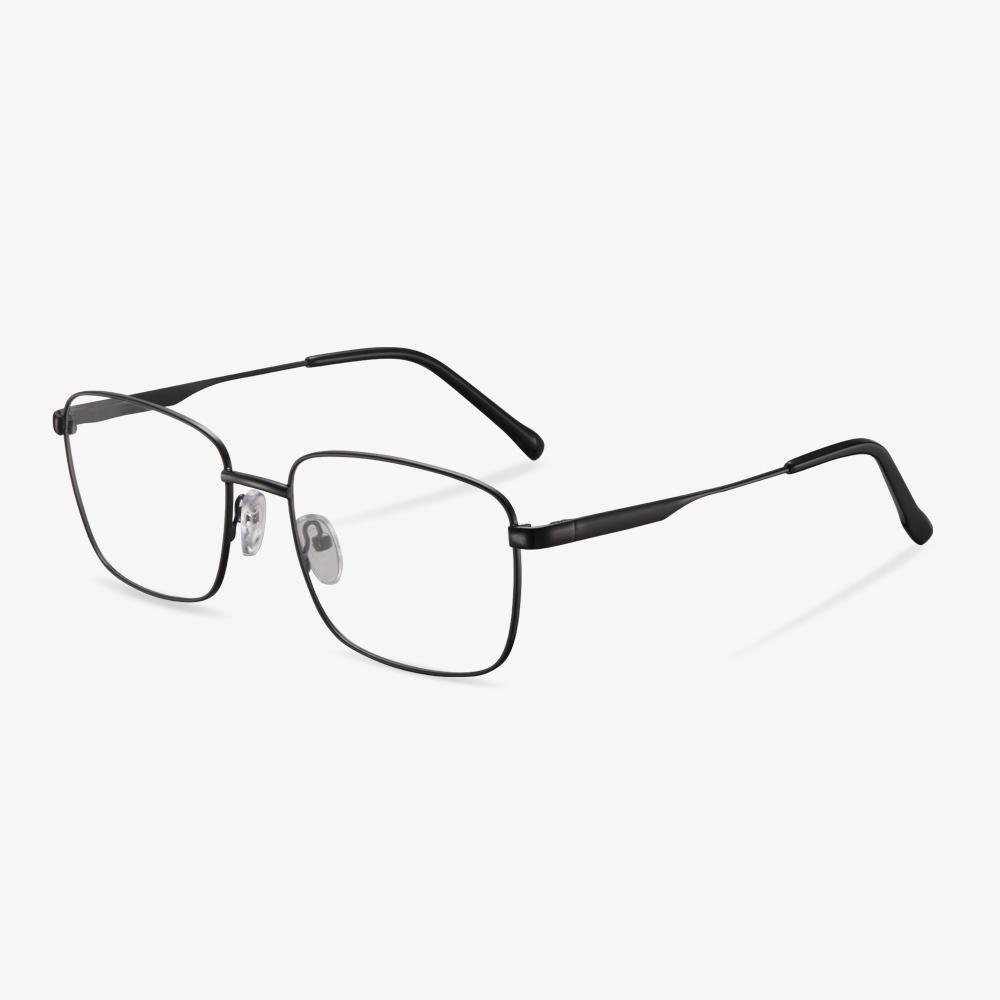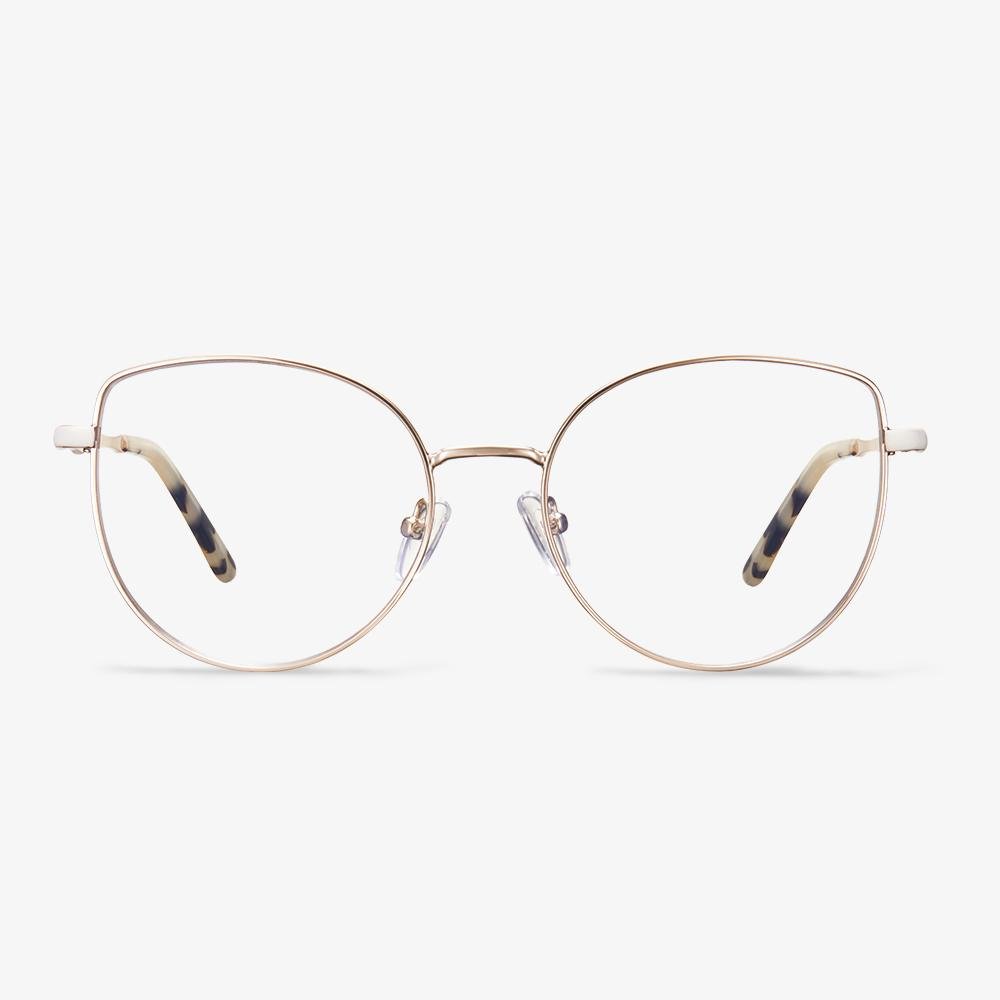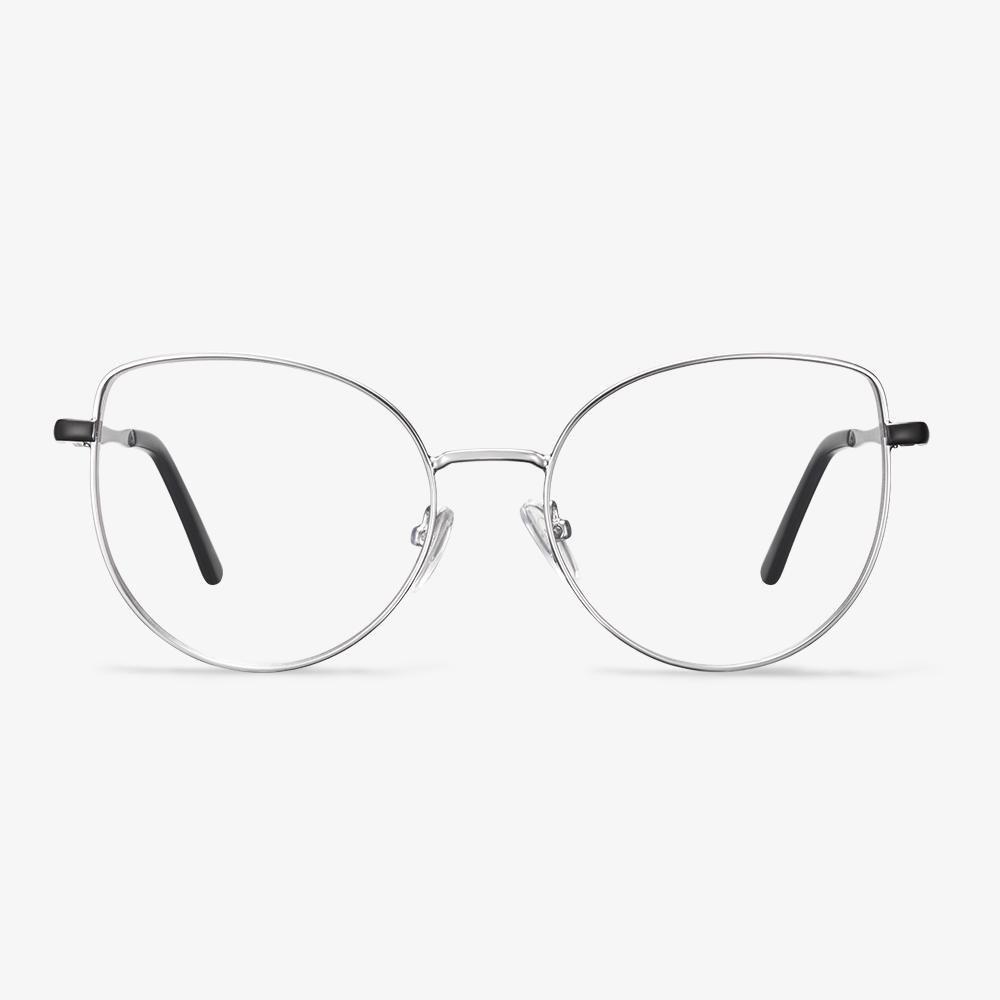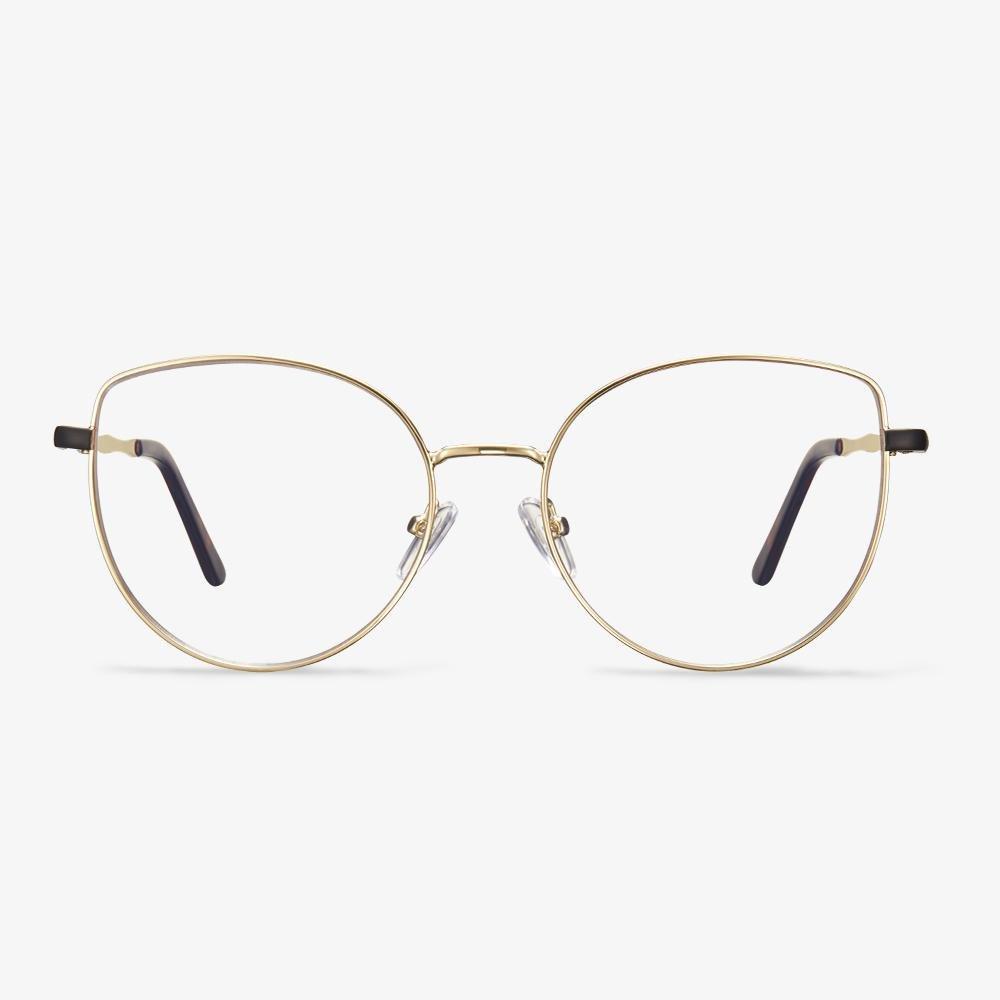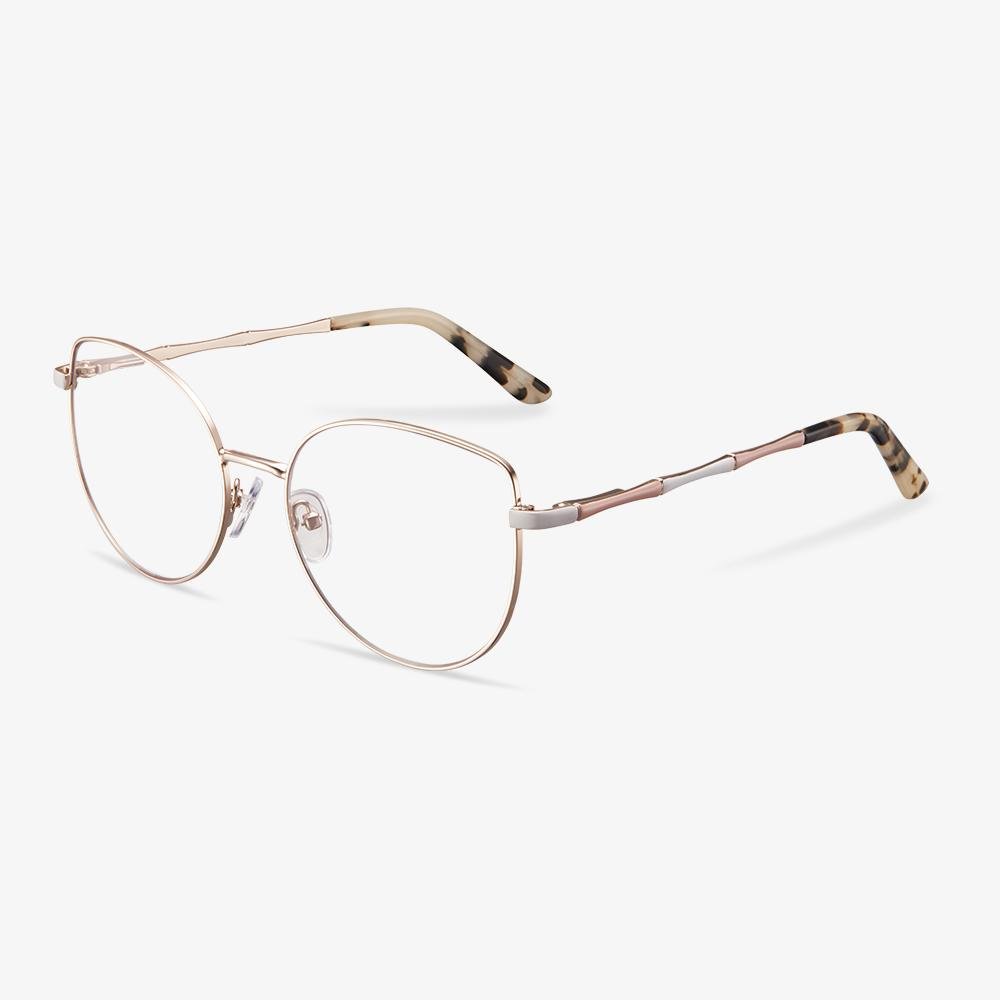How much does it cost to change the frames?
The price of changing a glasses frame is very different, from tens of yuan to thousands of yuan, mainly to see the quality of the glasses, material, and so on. Still, you should think about: the use of fixed a number of years of glasses if the glasses have wear and tear if it is worth to change.
Buy Glasses For Kids - Proper Lens
The size of the lens mainly determines the size of the eyeglasses. The outer edge of the rim of the lens should be on the outer edge of the orbital bone. If it is larger than the face, the rim of the lens frame will be too big. If the lens is only as big as the eye, the frame can easily deform. Resin and hard lenses should be considered first because glass lenses are fragile and easy to damage children's eyes. Resin lens mainly needs the accuracy of the axis of scattered light. The matched luminosity must be accurate. There are no scratches, no bubbles, and no impurities on the lenses. The degree of the lens selected for the child must conform to the quality testing standards promulgated by the state, and the error of the diopter should be within the range of the requirements of the national standard.
The Pros of Titanium Glasses
First, titanium is used in its pure form and as an alloy to provide a highly flexible eyeglasses frame. In fact, titanium eyeglasses are flexible. So, they are able to bend without breaking and can return to their original shape.
Second, titanium glasses come with good durability. Titanium alloy metals produce the world’s most durable eyeglasses frames. Choose a titanium frame and it will be nearly impossible to break.
Third, the titanium glasses are extremely lightweight. They are about 40% lighter than the standard steel glasses frames. In addition, due to the superior strength of the titanium frame, the frames can be made thinner making for even lighter frames.
Fourth, titanium glasses have hypoallergenic properties. It is rare anyone experiences adverse skin reactions to titanium frames. There are many other options on titanium frames such as color, texture, and patterns. What’s more, titanium glasses are corrosion-resistant.
So, are titanium glasses worth it? You may have the answers.
Which is better, Essilor lens or Zeiss lens?
1. Different high-density resin substrates. Essilor Diamond Crystal series 1.74 lenses use resin with a density of 1.46 as raw materials. The lens itself has higher hardness. Combined with Diamond Crystal series film layers, the lifespan of the lens is better improved. The outstanding abrasion resistance is obvious.
2. Different technical support. The greater the density of the lens, the harder the substrate. However, the larger the density of the lens under the same volume is heavier. Therefore, Zeiss has the best trade-off between density and component and selects high density on the basis of high refractive index and frivolity substrates.
3. Different Features. The anti-fog molecules on the two surfaces of the lens are activated by an anti-fog activator. Therefore, the fog differentiates into a thin layer that is invisible to the eyes, instead of forming a fog. Each spray of activator can last about a week. Zeiss resin lens guarantees up to 99.4% of the lens light transmittance, and the naked eye can no longer feel whether the lens is worn or not.
Anti-reflection Coating
Anti-reflection Coating, known as reflective coating and antireflection film, is called anti-reflection coating in English, or AR Coating for short. Initially, anti-reflection coating technology was used in the sights of weapons. It was only after the war that the technique was used to improve the performance of eyeglasses. Another problem occurs when taking pictures because the lens's surface is relatively reflective. The resulting photos don't show the eyes of friends who wear glasses. This problem is solved by plating anti-reflection film.
Can you use rubbing alcohol to clean glasses?
The stimulus effect of alcohol will damage the coating of the lens. If the coating of the lens is destroyed, the transmittance of the lens will decrease and the clarity of the lens will decrease. In addition, if the film layer of the lens is damaged, the scratch resistance and anti-reflective properties of the lens will decrease. Especially if the film layer of the lens is damaged severely, the lens is easily scratched, which directly affects the vision. Therefore, when cleaning the lens, you must be careful not to use irritating cleaning.
Progressive lenses and single vision lenses
Single vision lenses are the most commonly used prescription lenses. This lens type has a single field of view or a prescription ability of the entire lens and can be used to correct myopia (nearsightedness) or hyperopia (supervision).
Progressive multifocal lenses are lenses with different upper and lower powers for the upper part to see far, and the lower part to see near. The distance from the fixed power above the lens to the fixed power below the lens does not change suddenly, but there is a gradual transition between the two through the gradual change in refractive power.






